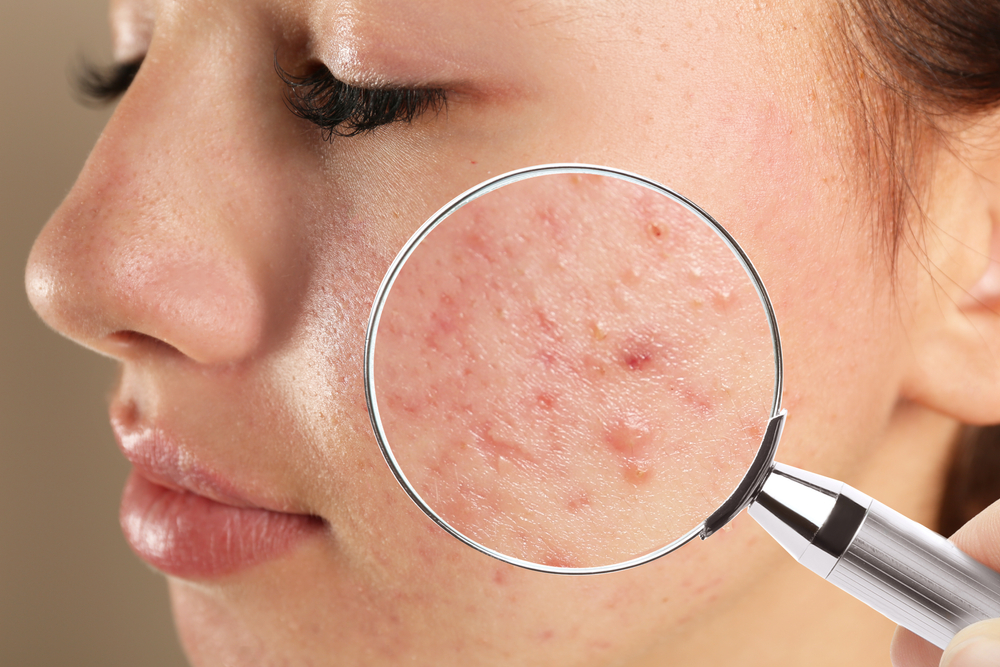Skincare aisles are packed with products that promise to erase wrinkles, shrink pores, and create flawless complexions, but not all of them live up to the hype. Many creams and serums sound impressive thanks to trendy ingredients or bold marketing, yet they often fail to deliver real results. Dermatologists emphasize that while some products are a waste of money, others are backed by science and can genuinely improve skin health. Knowing the difference helps you avoid disappointment and focus on what truly works. This article breaks down twelve products that do not deliver and twelve that dermatologists actually recommend.
Products That Do Not Deliver
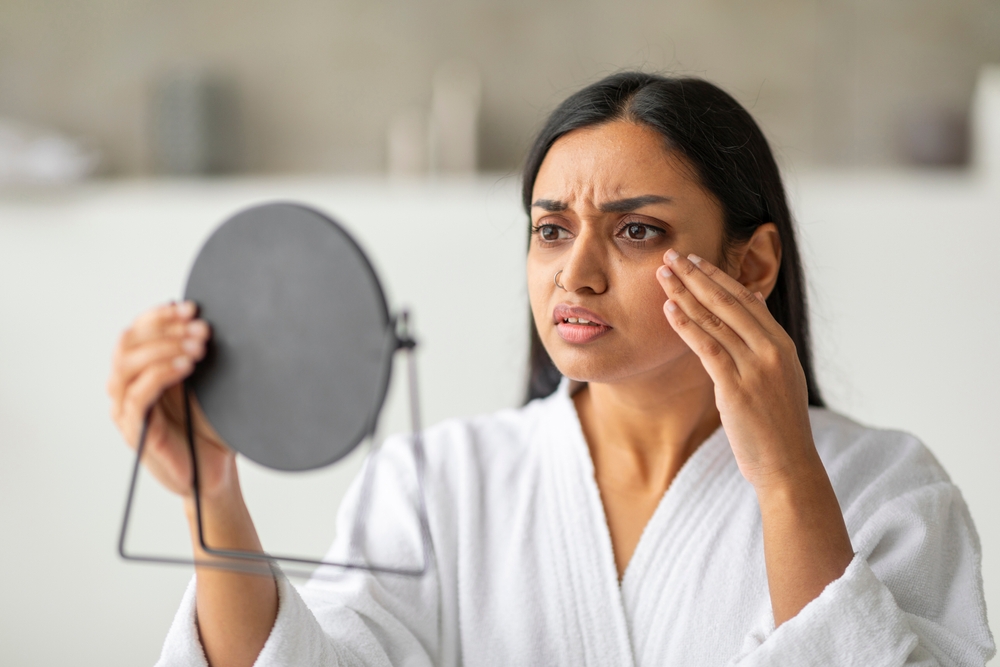
The skincare market is overflowing with products that promise instant transformations, but many of them fail to deliver on their claims. Shoppers are often drawn to clever marketing, luxury packaging, or trendy ingredients that sound scientific but lack real evidence. These products may feel pleasant to use, yet they rarely make lasting changes to the skin’s structure. Dermatologists often see patients who have spent large amounts of money on creams and serums that do little beyond basic hydration. Understanding which items fall into this category helps people make better decisions and avoid disappointment. Below are twelve popular products that dermatologists say simply do not live up to their promises.
1. Pore-Minimizing Creams
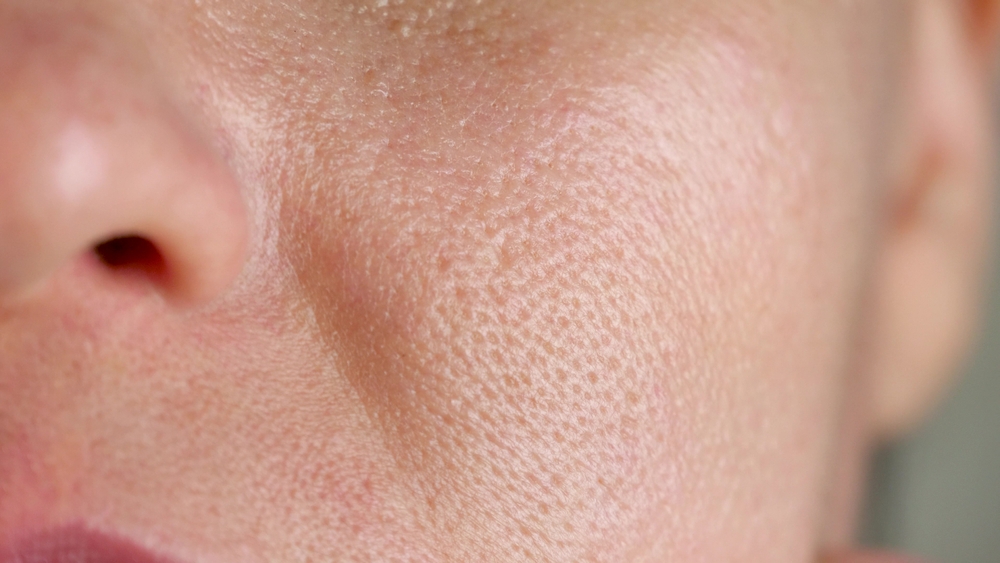
Many beauty brands market creams that promise to shrink pores, yet dermatologists know pore size is mostly genetic. These products often contain silicone-based ingredients that fill pores temporarily, creating a smoother appearance. The effect vanishes once the product is washed off, leaving the skin unchanged. True pore improvement requires boosting collagen around the pore walls, which is only possible with retinoids, certain lasers, or professional treatments. People who rely solely on pore-minimizing creams often spend money without seeing permanent results. That is why dermatologists caution against expecting miracles from these products.
2. Collagen Creams
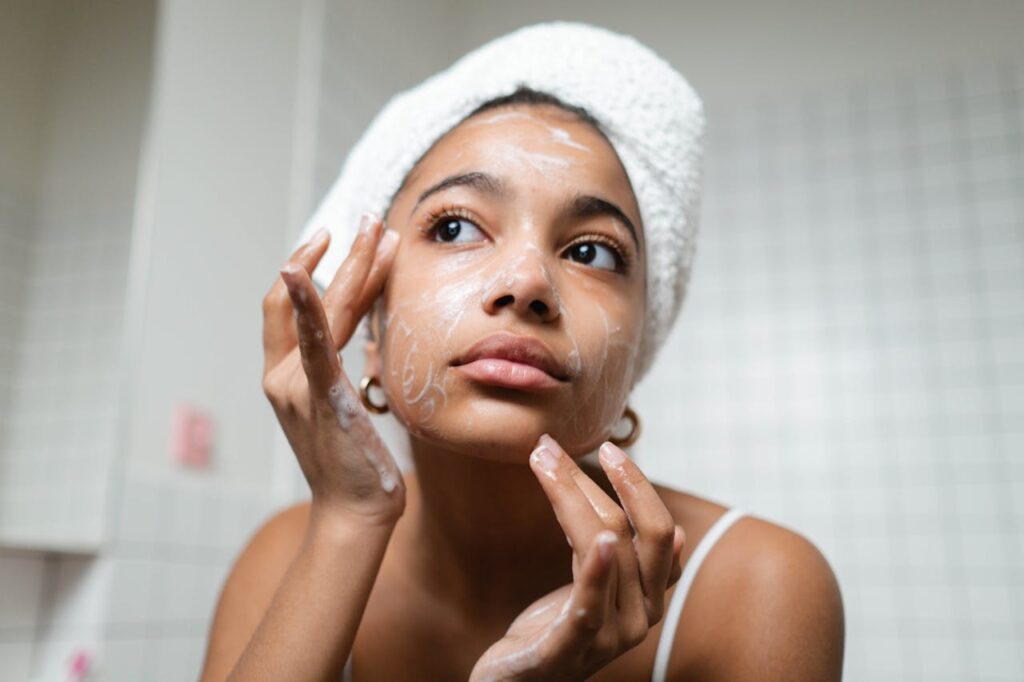
Collagen-rich creams sound appealing, but topical collagen cannot penetrate the skin deeply enough to restore elasticity. The molecules are far too large to pass through the epidermis, so they sit on the surface and provide hydration only. While that hydration can make fine lines look slightly softer, it does not rebuild lost collagen in the dermis. For true collagen stimulation, dermatologists rely on retinoids, microneedling, or laser therapies. Many people buy expensive jars of collagen cream believing they are reversing aging, but science shows the effect is minimal. These creams may be pleasant to use but they are not a true anti-aging solution.
3. Stretch Mark Creams

Stretch mark creams have long been sold to new mothers and people with weight changes, yet few actually deliver visible results. Most contain moisturizers or vitamin E, which may slightly soften the skin but cannot repair the torn collagen fibers beneath the surface. Even consistent use often shows little change, leaving consumers frustrated. Dermatologists explain that only procedures such as fractional lasers or microneedling offer meaningful improvement. While creams may make stretch marks feel smoother, they cannot erase them. Buying into marketing claims often leads people to unrealistic expectations and wasted money.
4. Drugstore Cellulite Creams

Cellulite creams crowd drugstore shelves, promising smoother thighs and firmer skin. Most rely on caffeine or botanical extracts that temporarily tighten skin by dehydrating fat cells. Unfortunately, this effect is fleeting and does not alter the fibrous bands that cause cellulite. Dermatologists stress that cellulite is a structural issue beneath the skin that topical creams cannot reach. The most effective solutions involve professional options like radiofrequency or laser therapy. Spending money on drugstore cellulite products rarely results in long-term improvement, leaving many disappointed after weeks of use.
5. Facial Firming Masks
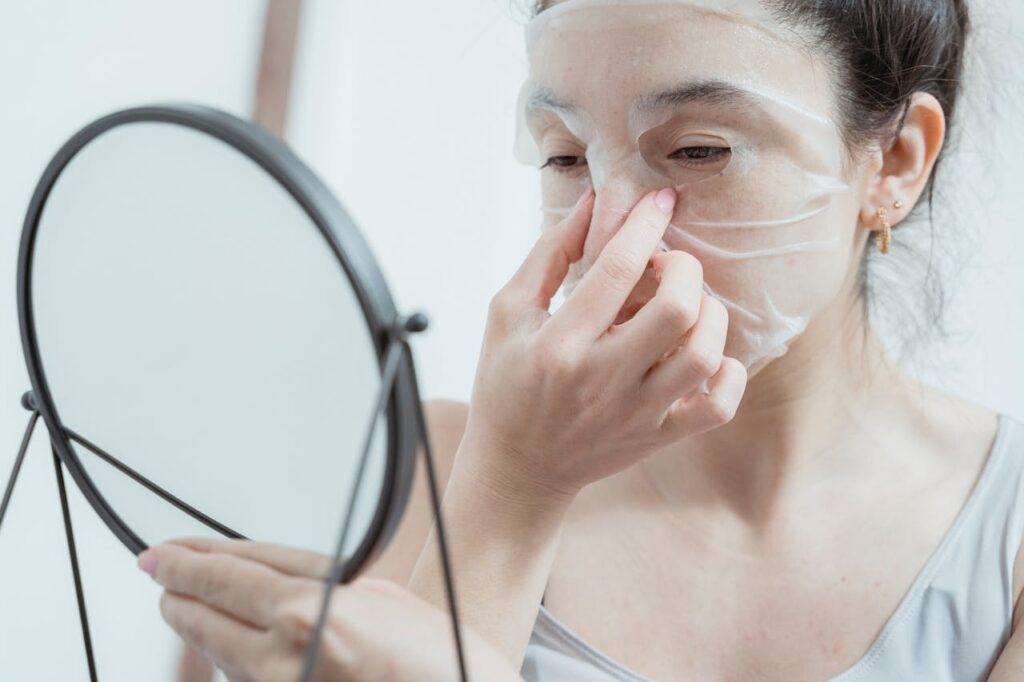
Tightening masks are popular because they give an instant sensation of firmness as they dry. This creates the illusion of lifted skin, but the effect disappears within hours. The mask does not change the deeper layers of skin where collagen and elastin provide support. Dermatologists explain that masks cannot lift sagging skin no matter how expensive or exotic they seem. People looking for firmer skin need to consider retinoids or procedures that remodel collagen. Firming masks may be fun for a quick pick-me-up, but they are not a serious anti-aging treatment.
6. Overhyped Charcoal Masks
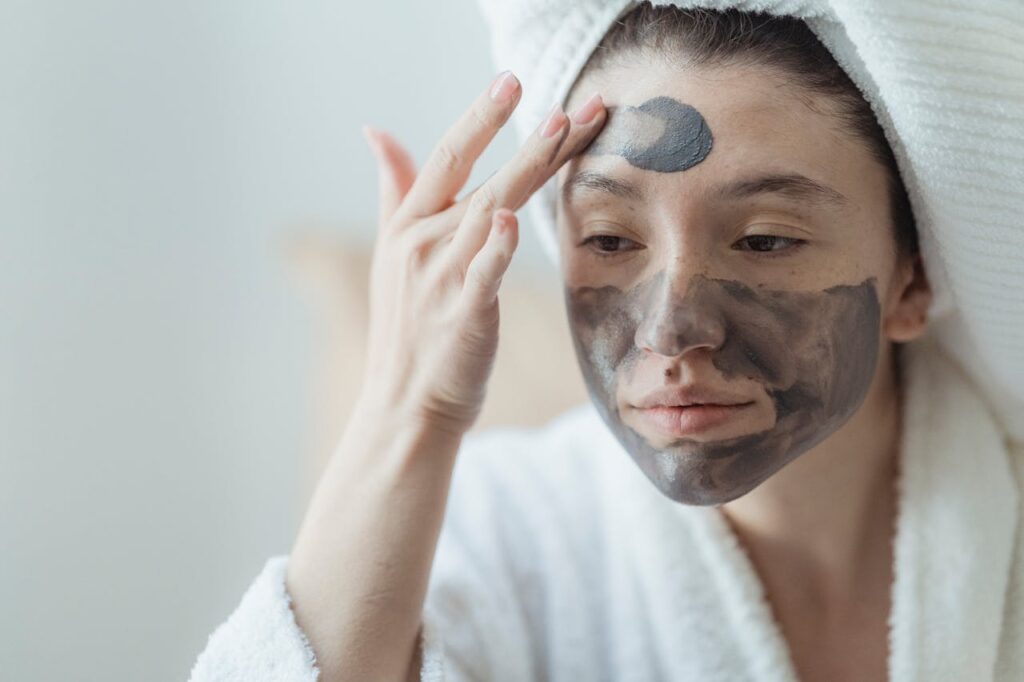
Charcoal masks exploded in popularity because of claims they draw toxins from the skin. The truth is that skin does not release toxins in this way, since detoxification occurs in the liver and kidneys. Charcoal masks may absorb excess oil and remove surface dirt, but gentle cleansers can achieve the same without irritation. The peel-off versions are especially harsh and can strip away healthy skin cells, leading to redness and sensitivity. Dermatologists warn against using them regularly, particularly on sensitive or acne-prone skin. Despite the marketing, they do not cleanse deeper than the surface and may cause more harm than good.
7. Gold-Infused Skincare
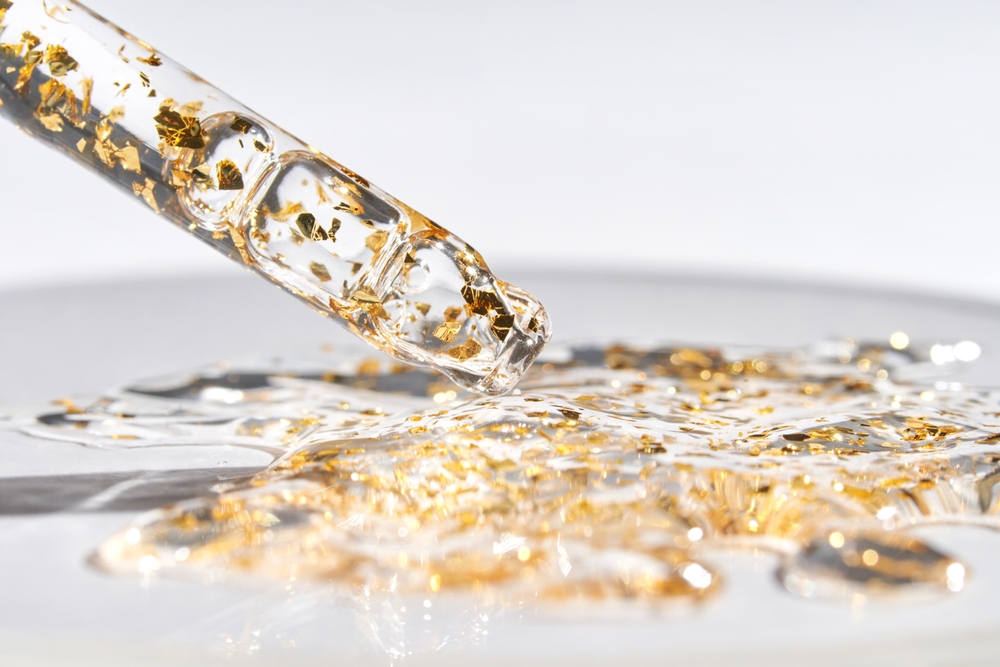
Luxury brands market gold-infused creams at shocking prices, often implying anti-aging magic. In reality, there is no credible evidence that gold has rejuvenating properties for skin. The particles may provide a luminous glow, but they do not boost collagen, repair DNA, or slow aging. Dermatologists point out that these products function more like expensive moisturizers than scientific breakthroughs. While they may feel indulgent, the benefits come from the cream base rather than the gold itself. Consumers are often paying for branding and luxury appeal rather than proven results.
8. At-Home Microcurrent Devices
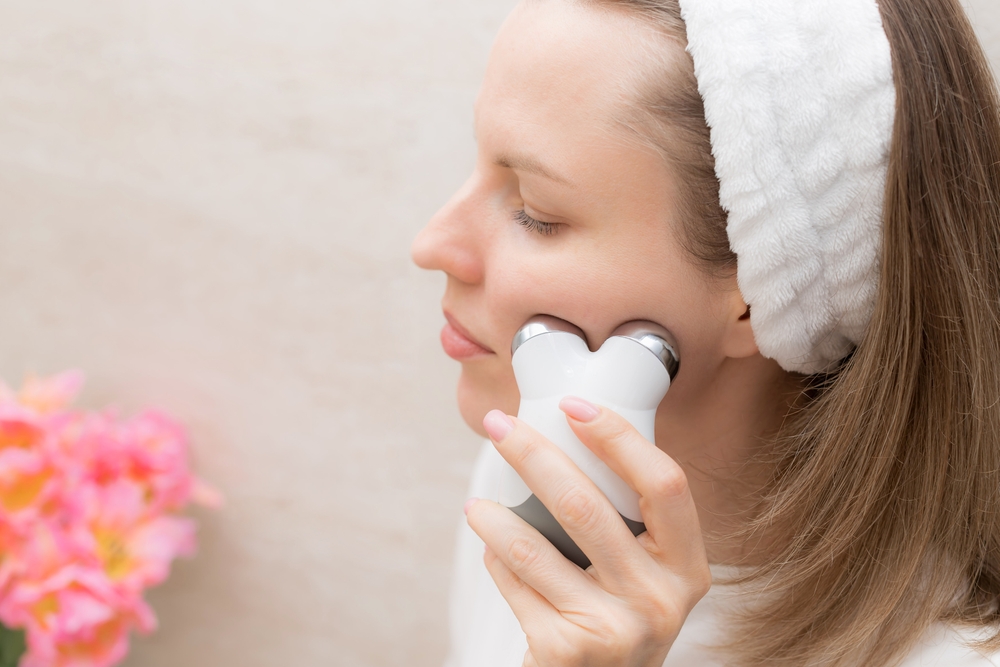
Microcurrent facial devices claim to lift muscles and sculpt the face using gentle electrical currents. While some people notice short-term swelling that looks like a lift, the results usually fade quickly. The strength of at-home devices is far weaker than professional machines, so long-term benefits are not supported by evidence. Dermatologists note that the devices may be safe for temporary toning, but they should not be viewed as replacements for clinical treatments. Professional radiofrequency or ultrasound treatments offer stronger and more consistent lifting results. At-home devices often leave users underwhelmed after the initial novelty wears off.
9. Overpriced Vitamin C Creams Without Stabilizers
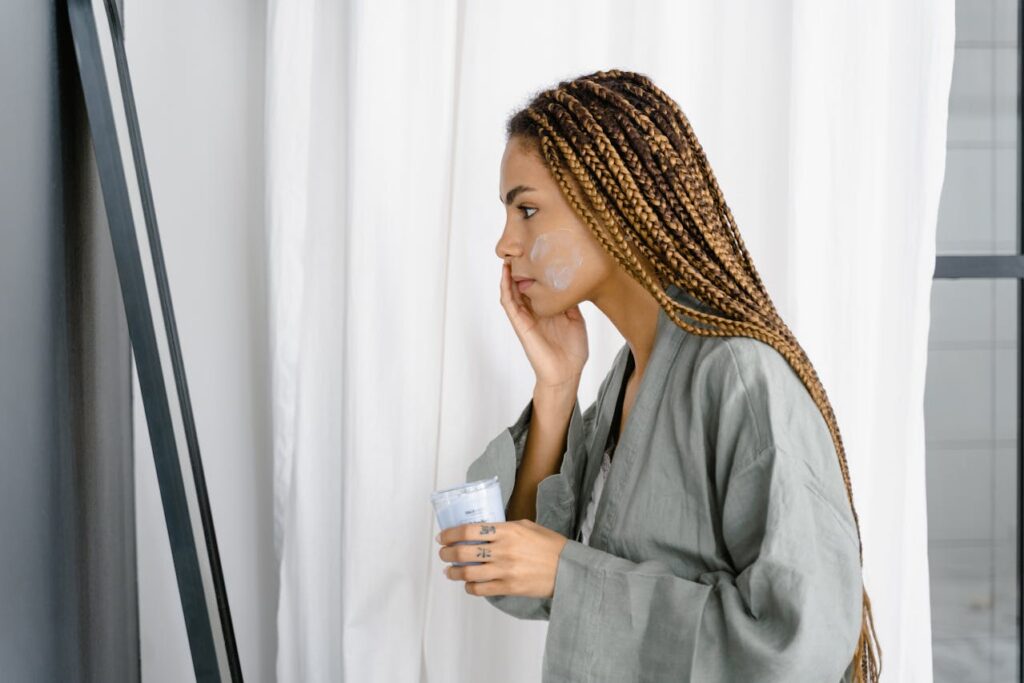
Vitamin C is a powerful antioxidant, but it breaks down quickly when exposed to air and light. Many expensive creams use unstable forms that oxidize before they can benefit the skin. Consumers may pay high prices for products that lose potency after a few weeks. Dermatologists recommend checking for stabilized forms of vitamin C, like L-ascorbic acid in airtight, opaque packaging. Without these safeguards, creams often provide little more than hydration. Shoppers should be cautious, since unstable formulas may turn brown or lose effectiveness before making any difference.
10. Expensive Face Mists
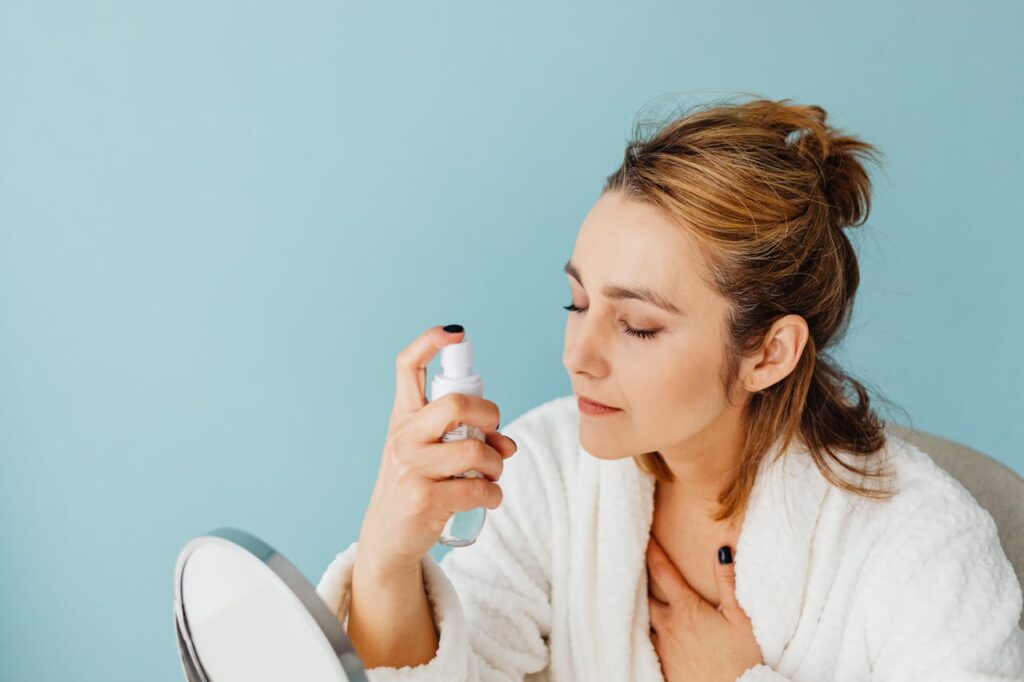
Face mists are often marketed as instant hydration, but the relief is usually short-lived. The water evaporates quickly and may leave skin feeling even drier than before. Many mists also contain fragrance or alcohol, which can irritate sensitive skin. Dermatologists explain that true hydration requires moisturizing ingredients like ceramides or hyaluronic acid, not just water sprayed onto the face. While mists feel refreshing on a hot day, they are not a replacement for moisturizer. Regular use may give a false sense of care without improving skin health.
11. Lip Plumping Glosses
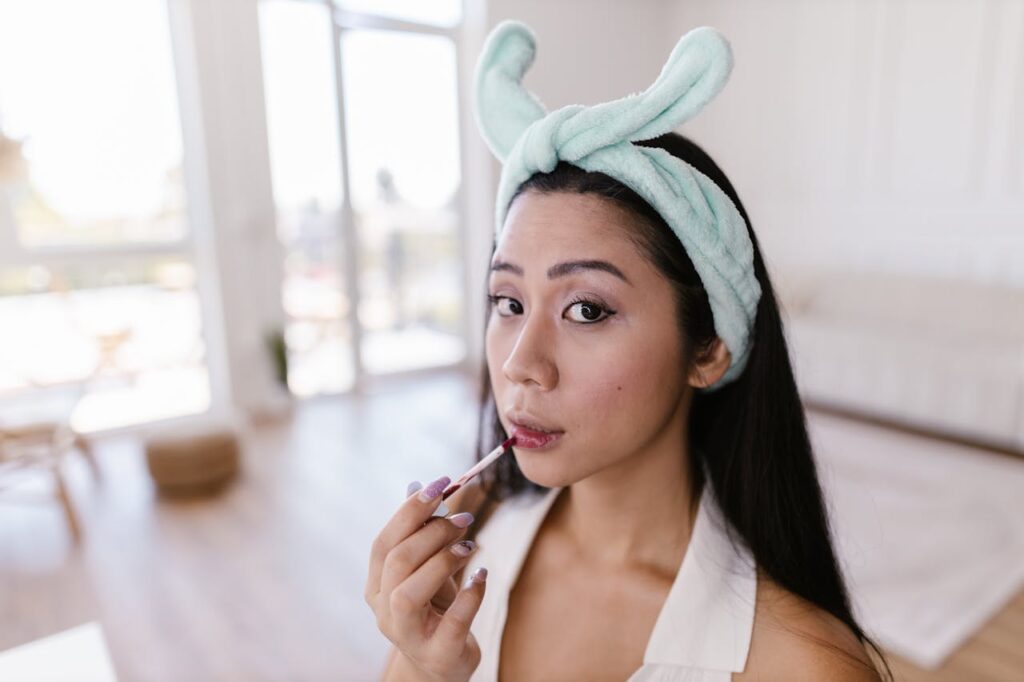
Lip glosses that promise plumping usually rely on irritants like menthol, cinnamon, or capsaicin. These create tingling that slightly swells the lips for a short time. The effect fades within minutes, and frequent use can cause dryness or irritation. Dermatologists explain that real volume requires hyaluronic acid fillers or other medical treatments. Glosses may provide shine and a temporary boost, but they cannot create lasting fullness. People looking for a permanent change should consult a professional rather than rely on over-the-counter plumpers.
12. Snake Venom Creams
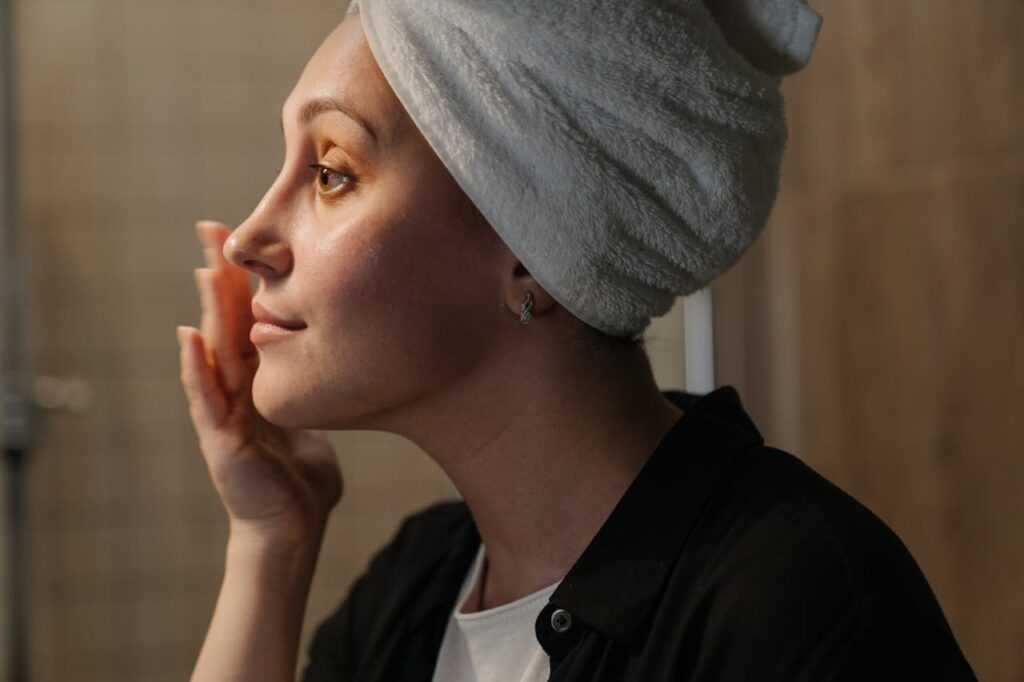
Snake venom creams claim to mimic Botox by relaxing facial muscles. In reality, these peptides cannot penetrate deeply enough to reach muscles. Any visible effect is minimal and temporary, often due to moisturizing ingredients rather than venom. Dermatologists warn that no cream can replicate the wrinkle-smoothing results of injectables. Marketing often exaggerates these products, leading buyers to expect unrealistic outcomes. While they may sound exotic, they do not replace professional treatments.
Products Dermatologists Recommend

While many skincare products are more about marketing than results, there are ingredients and formulations that dermatologists truly stand behind. These products have been studied, tested, and consistently shown to improve skin health when used correctly. Unlike overhyped items that rely on flashy claims, dermatologist-approved choices focus on science-backed ingredients that deliver measurable benefits over time. They help with concerns like aging, acne, hydration, and sun protection, and they can make a visible difference when used consistently. Choosing these recommended options can save money, prevent skin irritation, and build a routine that actually works. Below are twelve products experts regularly suggest to their patients for healthier, more resilient skin.
1. Broad-Spectrum Sunscreen
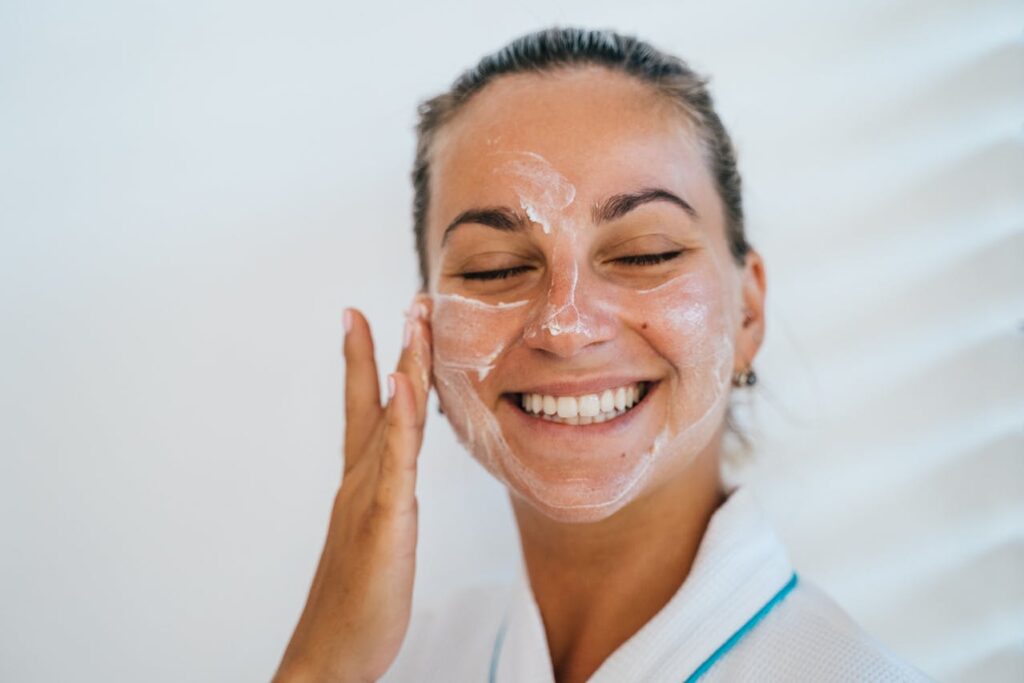
Dermatologists consistently stress that sunscreen is the most important skincare product. It protects against harmful UVA and UVB rays that cause premature aging, sunburn, and skin cancer. Daily use prevents wrinkles, fine lines, and dark spots more effectively than any other product. Experts recommend SPF 30 or higher with broad-spectrum coverage applied generously and reapplied every two hours outdoors. Mineral and chemical sunscreens both work when used correctly. Consistent sunscreen use is the best investment in long-term skin health.
2. Retinoids
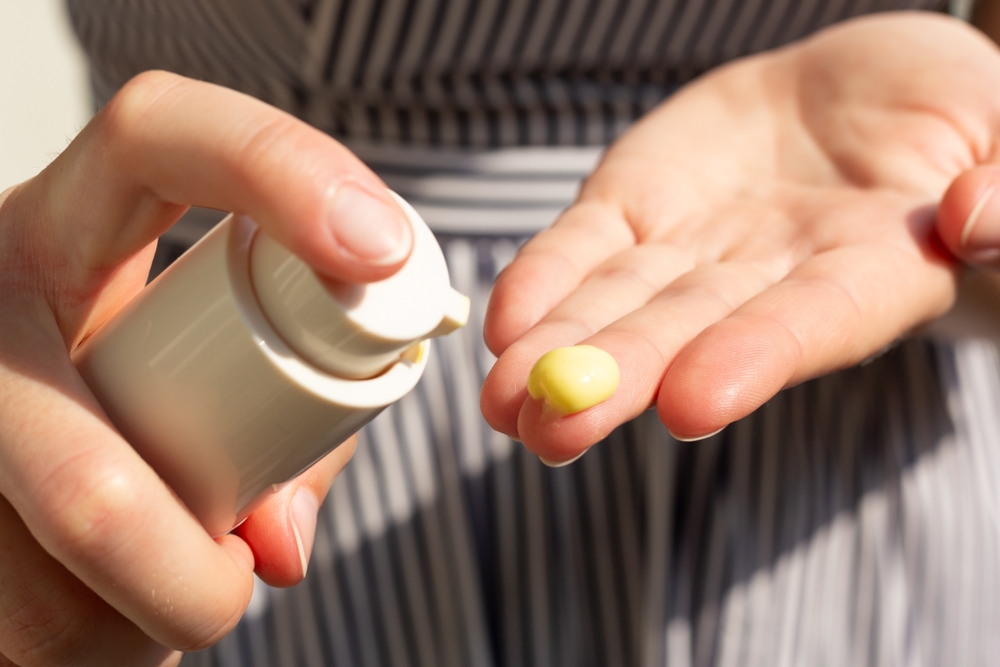
Retinoids are the gold standard in dermatology for anti-aging and acne care. Derived from vitamin A, they increase cell turnover and stimulate collagen production. This leads to smoother skin, fewer fine lines, and improved texture over time. Prescription versions like tretinoin work faster, while over-the-counter retinol offers gentler results. Retinoids also help fade dark spots caused by sun exposure or acne. Dermatologists recommend starting slowly, as they can cause dryness before the skin adjusts.
3. Gentle Cleansers
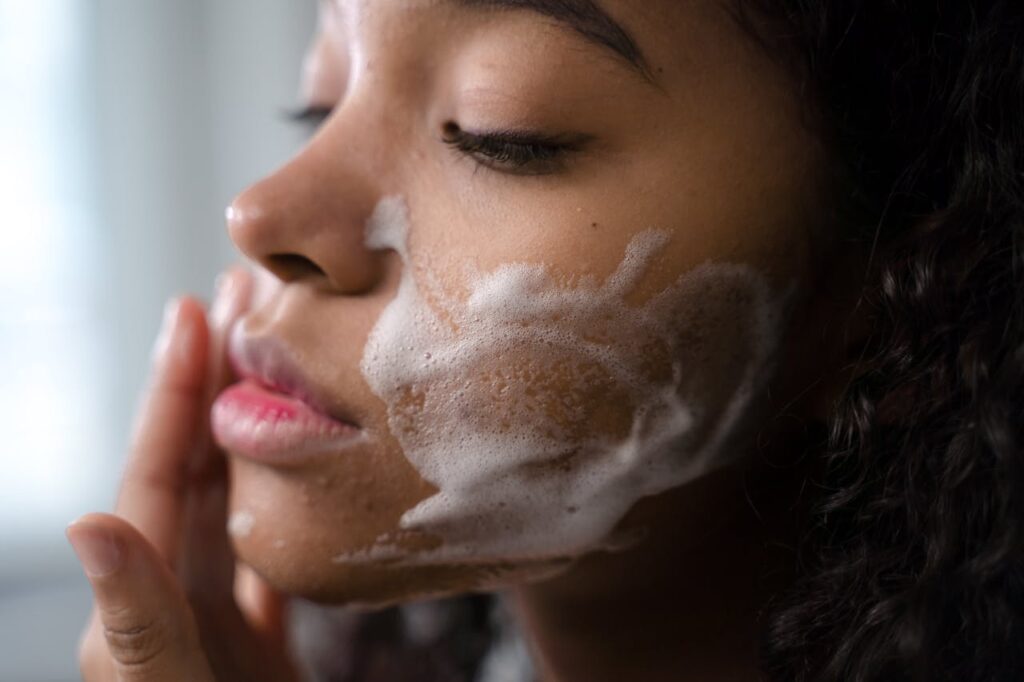
A gentle cleanser is essential for maintaining skin barrier health. Harsh cleansers with strong sulfates can strip away natural oils, leaving skin dry and irritated. Dermatologists suggest fragrance-free and non-foaming formulas for sensitive or dry skin types. A good cleanser should remove dirt, oil, and makeup without causing tightness afterward. Proper cleansing also prepares skin to absorb serums and moisturizers more effectively. Consistency matters more than fancy claims when it comes to cleansing.
4. Moisturizers With Ceramides
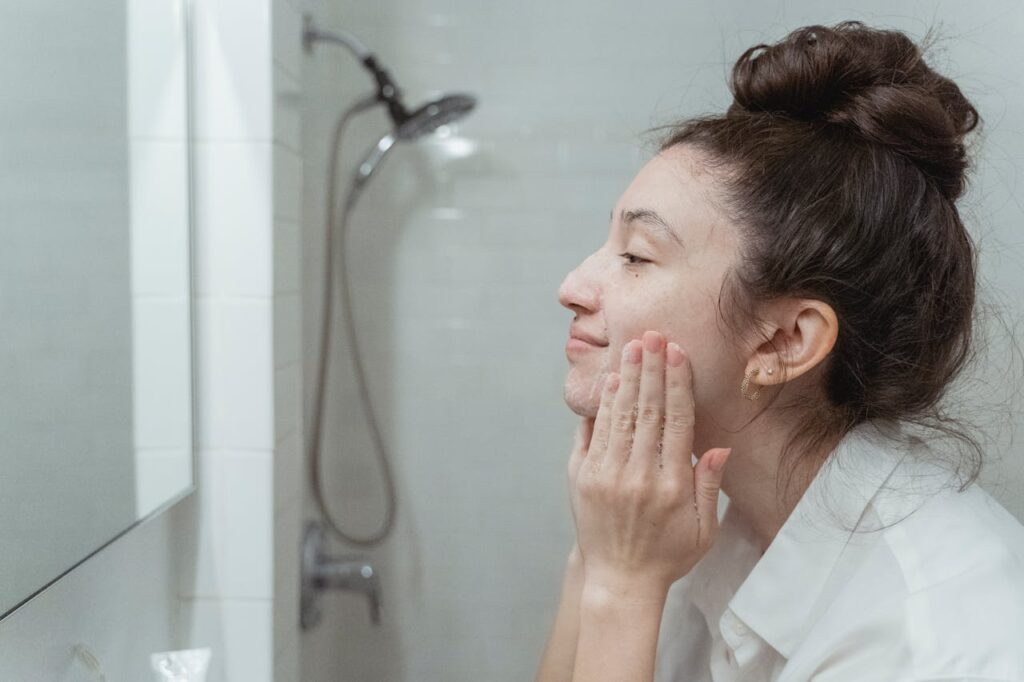
Ceramides are lipids naturally found in skin that help maintain a strong barrier. When the barrier is weakened, skin loses moisture and becomes vulnerable to irritation. Moisturizers with ceramides replenish these natural building blocks and lock in hydration. Dermatologists recommend them for conditions like eczema or general dryness. Regular use leads to smoother, healthier, and more resilient skin. Unlike trendy ingredients, ceramides are backed by decades of scientific research.
5. Niacinamide Serums
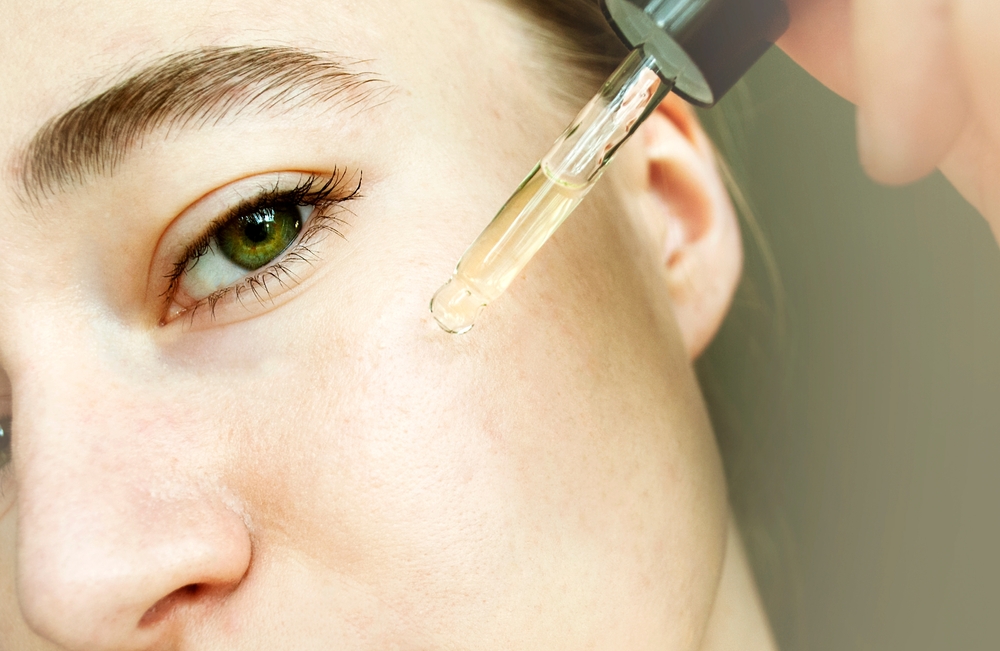
Niacinamide, a form of vitamin B3, is one of the most versatile skincare ingredients. It helps reduce redness, regulate oil production, and improve uneven tone. Dermatologists favor it because it is well tolerated by nearly all skin types. Niacinamide also strengthens the skin barrier, making it useful for sensitive or acne-prone individuals. Regular use can minimize the look of pores and enhance overall skin clarity. Its affordability makes it a dermatologist favorite for everyday routines.
6. Hyaluronic Acid Serums
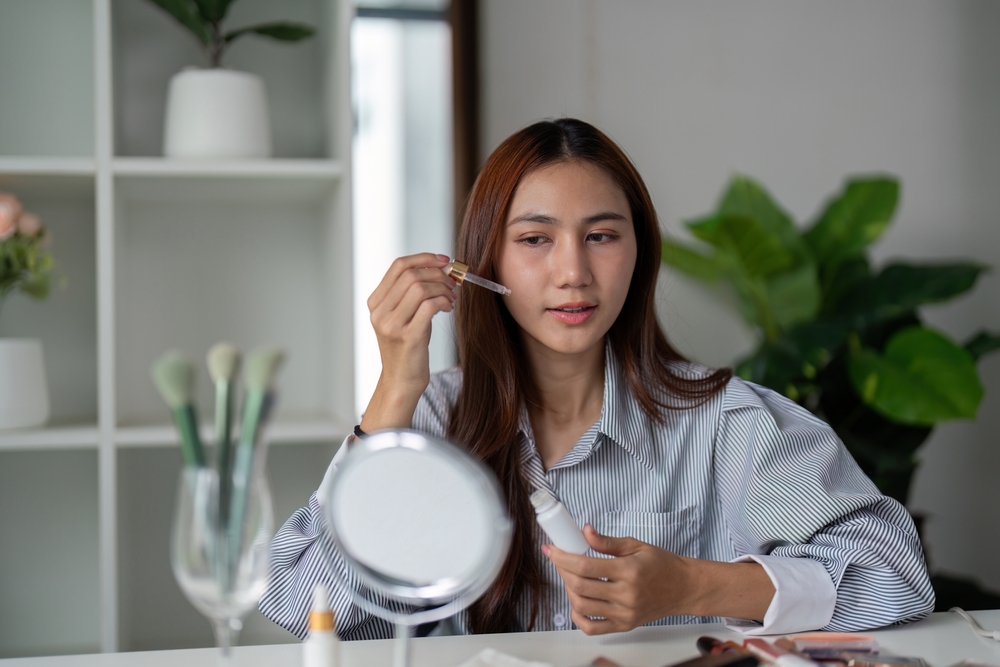
Hyaluronic acid is a powerful humectant that attracts water into the skin. A single molecule can hold many times its weight in water, making it excellent for hydration. Dermatologists recommend layering it under moisturizer to trap the water it attracts. It plumps fine lines temporarily, making skin look fresher and smoother. Hyaluronic acid works for nearly all skin types, including oily and sensitive skin. It is especially beneficial in dry climates or during winter months.
7. Vitamin C Serums With Stabilized Formulas

Vitamin C is a proven antioxidant that helps protect skin from free radical damage. It also brightens dark spots and boosts collagen production. Dermatologists stress the importance of stabilized formulas in opaque or airtight packaging to preserve potency. When used correctly, vitamin C serums improve skin tone and reduce early signs of aging. Daily use under sunscreen provides added protection against environmental stressors. Unlike unstable creams, well-formulated serums truly deliver results.
8. Mineral Sunscreens
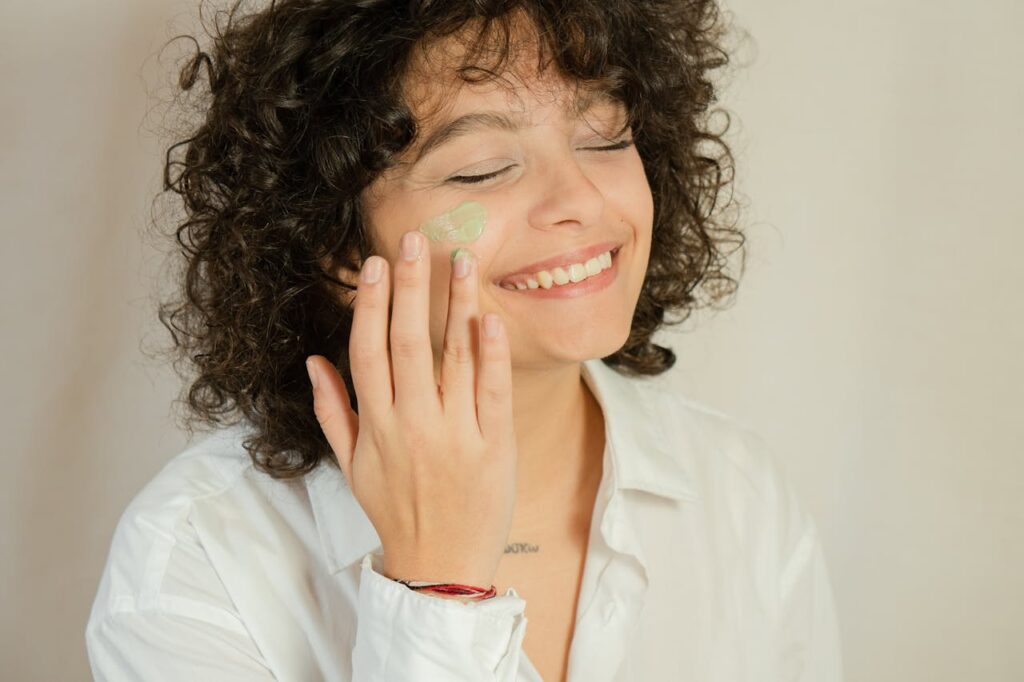
Mineral sunscreens use zinc oxide or titanium dioxide to physically block UV rays. Dermatologists recommend them for sensitive skin since they are less likely to cause irritation. They begin working immediately upon application, unlike chemical sunscreens that need time to activate. Mineral formulas are also preferred for children and people with rosacea. Advances in formulations have made them less chalky and more comfortable to wear daily. Regular use helps prevent photoaging and skin cancer risk.
9. Azelaic Acid Creams

Azelaic acid is a dermatologist-recommended ingredient for treating acne and rosacea. It reduces inflammation, fades post-acne marks, and calms redness. Unlike harsher treatments, it is generally well tolerated, even on sensitive skin. Dermatologists prescribe it as a safe option for long-term use. It also has mild brightening effects, making it helpful for uneven pigmentation. Azelaic acid is a multitasker that addresses multiple skin concerns at once.
10. Salicylic Acid Products

Salicylic acid is a beta hydroxy acid that penetrates deep into pores. It exfoliates from within, helping to clear blackheads and prevent new acne formation. Dermatologists often recommend it for oily or acne-prone skin. It can be used in cleansers, spot treatments, or leave-on products. Unlike harsh scrubs, it gently dissolves debris without scratching the skin. Regular use keeps pores clear and reduces breakouts.
11. Peptide Creams With Clinical Backing
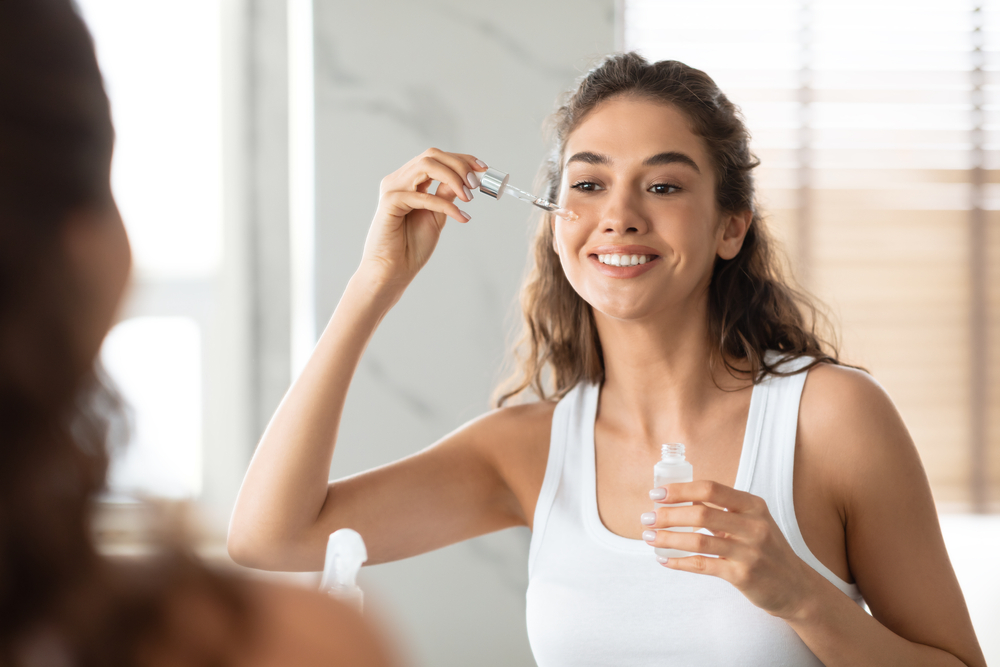
Peptides are chains of amino acids that signal the skin to produce more collagen. Some creams with well-studied peptides can strengthen aging skin and improve firmness. Dermatologists emphasize the importance of choosing brands with clinical research rather than relying on marketing claims. When backed by science, peptides support elasticity and smooth fine lines. They work best when paired with sunscreen and retinoids. Peptides may not deliver instant changes but can provide long-term benefits.
12. Professional-Grade Sunscreen-Infused Moisturizers
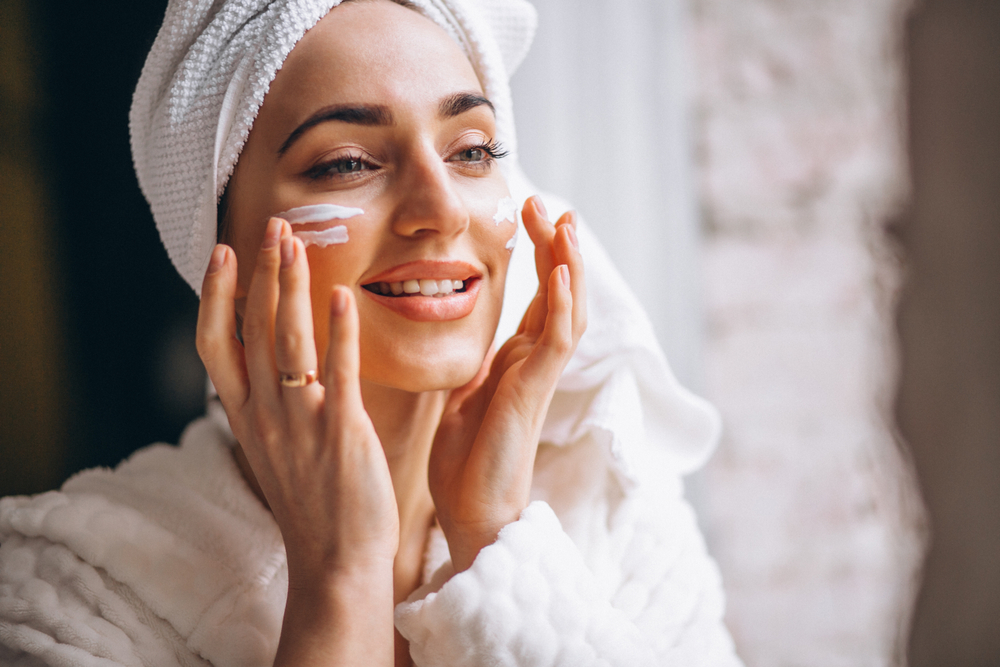
Combining sunscreen and moisturizer in one product makes skincare routines easier to follow. Dermatologists often recommend these hybrids for people who forget to apply sunscreen separately. They provide both hydration and sun protection, reducing the number of steps in the morning. Some contain added antioxidants for extra defense. When used daily, they help prevent premature aging and skin cancer. Consistency is key, and simplified products encourage better compliance.
Disclaimer: This article was created with AI assistance and edited by a human for accuracy and clarity.
